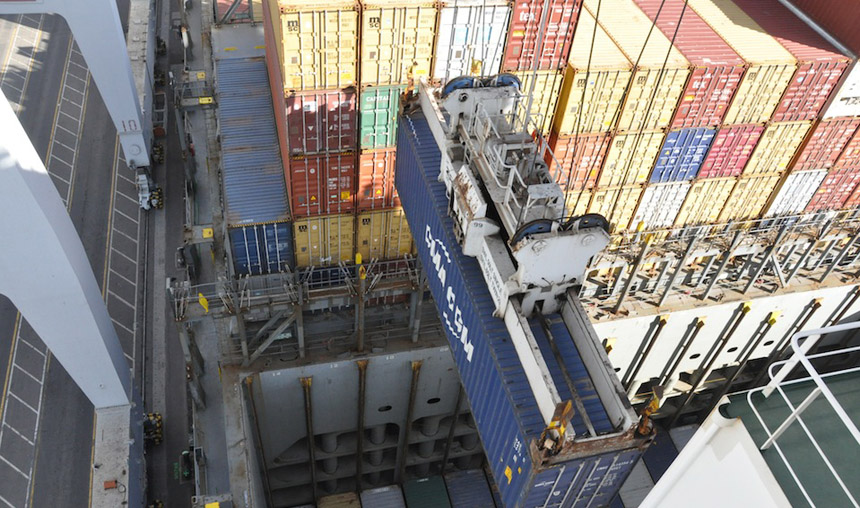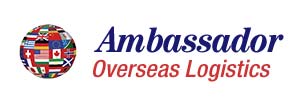Let’s examine why.
Incoterms® stands for International Commercial Terms. The Incoterms® are compiled about every 10 years by the International Chamber of Commerce (ICC), with the most recent revision being INCOTERMS® 2010.

Let’s look at four Incoterms® that should almost never be used when shipping containers.
All of the Incoterms® above call for either the container to be placed alongside the ship (FAS), or on board the vessel (FOB, CFR and CIF).
So what’s the problem?
The problem is that with modern day container ports and post-911 security measures the shipper is not in a position to place the freight alongside the ship let alone on board it. The shipper will hand over the container to the shipping company either at a container freight station, container yard or depot that is located outside of the port or within the port but not alongside the ship.
So it is impossible, in most cases, for the shipper to meet the requirements of Incoterms® for FAS, FOB, CIF and CFR when shipping containerized cargo. The exceptions would be where the shipper owns their own port or pier or those ports that are so small that cargo can be brought alongside the vessel and loaded. This is far more likely to occur with non-containerized cargo such as breakbulk cargo including commodities such as grains, oil, etc.
Fortunately, there are other Incoterms® that can replace those that should not generally be used when shipping containers. In place of FAS and FOB consider using FCA (Free Carrier) plus a named place on the seller’s side, such as the port of export or the pier alongside which the ship for export will dock.
When a buyer contracts for door-to-door service, use of FCA at the seller’s premises is the preferred solution. Similarly consider using CPT (Carriage Paid To) plus a named place on the buyer’s side, such as the destination port instead of CFR (Cost and Freight). Similarly consider using CIP (Carriage and Insurance Paid To) plus a named place on the buyer’s side, such as the destination port instead of CIF (Cost, Insurance and Freight).
INCOTERMS® is a registered trademark of the International Chamber of Commerce
